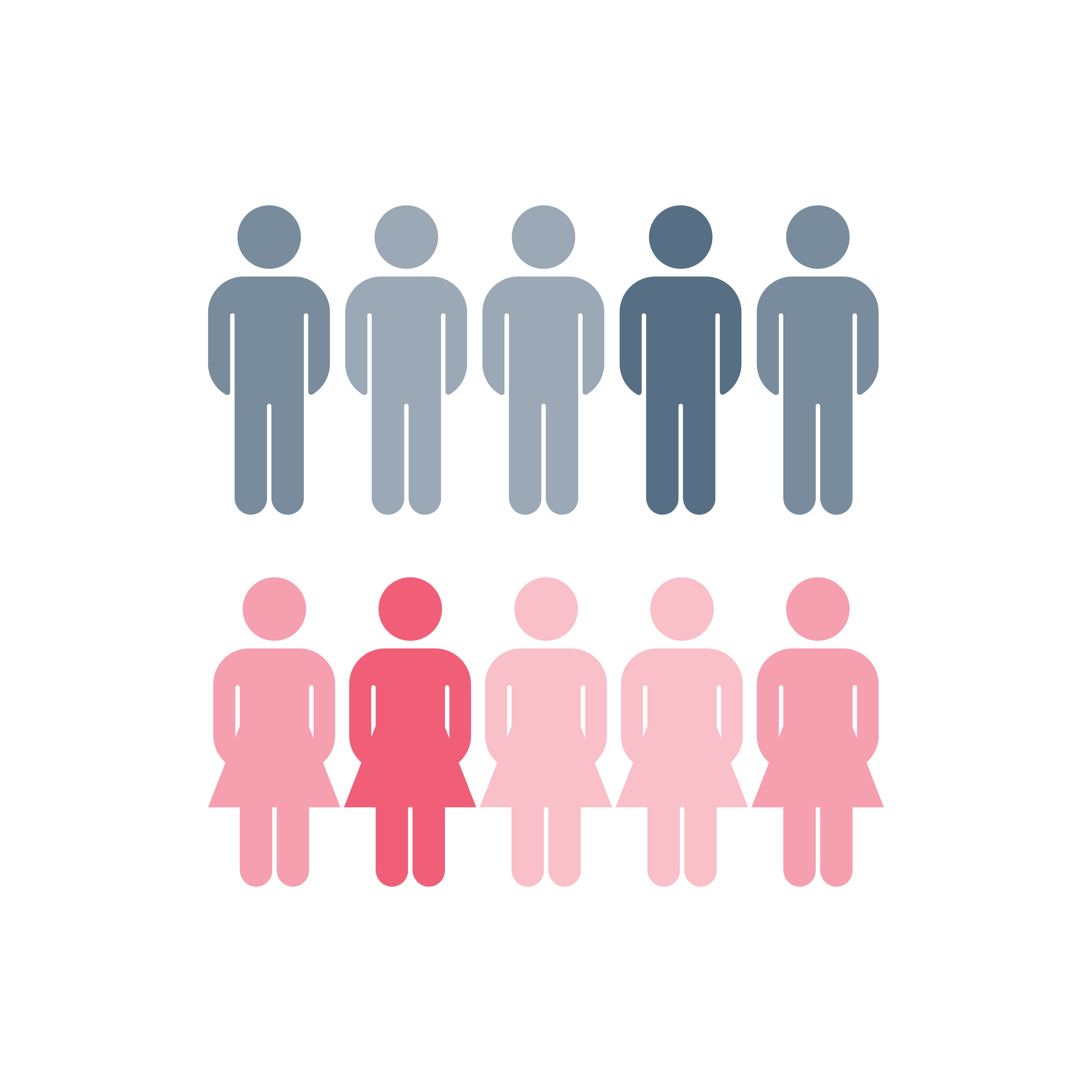What is the Magna Carta of Women?
What is Republic Act 9710?
Republic Act 9710 or also known as the Magna Carta of Women is a law made to protect the human rights of Filipino women and aims to eliminate all forms of discrimination, especially against marginalized women of sectors that are not given proper representation in society. It was enacted on August 14, 2009, after former President Gloria Macapagal-Arroyo signed it.

What is discrimination based on the Magna Carta of Women?
Discrimination is the imposition of restrictions on activities or actions based on gender that aim to oppress or deprive women of the ability to obtain, enjoy or exercise the rights and freedoms granted to her by the constitution (political, civil, economic, cultural rights and so on).
What Rights does Magna Carta of Women Provide?
- Fair treatment of women and men before the law.
- Protection against all forms of violence, especially state-induced violence.
- Ensuring the safety and security of women during crises and disasters.
- Providing equal rights to education, obtaining scholarships and training. It prohibits the expulsion from any educational institution and employment simply because of pregnancy out of wedlock.
- Right to fair treatment in sports.
- Prohibition of discrimination against women in employment within the government, army, police, and others.
- Prohibition of unfair representation of women in any form of media
- This law provides for two-month paid leave to women who have undergone a medical operation, pregnancy, or gynecological illnesses.
- Promote equal rights in matters related to marriage and family matters.
- Encourage women to be part of politics and leadership and pursue agendas related to women.
WHO IS COVERED BY THE MAGNA CARTA?

All Filipino women, regardless of age, education, occupation, profession, religion, type, or ethnicity are covered by the Magna Carta. This law pays special attention to the situation of girls, the elderly, the disabled, women in various fields, Marginalized Women*, and Women in Especially Difficult Circumstances ***
* Marginalized Women are women who are poor or in a precarious situation. They are those who do not have or have limited ability to meet basic needs and services. These include working women, the urban poor, farmers and farm workers, fishermen, migrants, and Moro and indigenous women.
** The so-called Women in Especially Difficult Circumstances are women in dangerous or difficult situations such as victims of abuse and violence and armed conflict, victims of prostitution, “illegal recruitment”, “human trafficking” and women incarcerated.
Recommended Reading List
- The Feminism Book: Big Ideas Simply Explained
- I Know Why the Caged Bird Sings by Maya Angelou
- Little Women by Louisa May Alcott
- Women & Power: A Manifesto by Mary Beard








